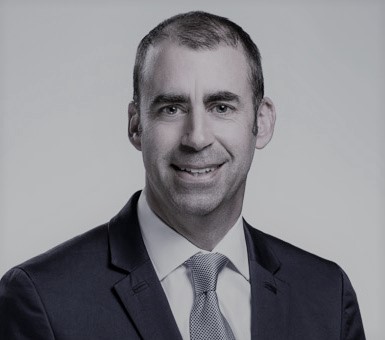Alternatives and the quest for real alpha
14th May 2021
In 2020, markets could be summed up as a tale of two extremes and alternative investment funds followed a similar pattern.
The first quarter was exceptionally difficult with many funds posting massive drawdowns due to the Covid-19 outburst but these declines were later offset by a strong bounce-back during the rest of 2020.
It comes as no surprise that investors’ interest in hedge funds and alternatives as an asset class remains strong and the events of the last 12 months have only accelerated this trend.
Take private markets as an example. The value of private credit to investors and borrowers has been subject to a rigorous analysis during 2020, especially since the pandemic challenged the viability of many businesses and the jobs they provide. Even though governments around the world provided unprecedented liquidity support, there are still many borrowers that found themselves unable to access such schemes. Private credit managers have helped fill this finance gap and are expected to be more active players in the next few years, as this credit cycle will continue to create opportunities. With increased volatility across equity portfolios and reduced fixed-income yields, private credit has provided investors with clear diversification and a new source of income generation.
Many of the event driven hedge funds reported that the deal volume at the start of 2021 looked very strong and it is expected this trend continues not only this year but also in the years to come. These funds are looking to exploit inefficiencies within the distressed debt space, as well as in the special situation deals that are driven by covid-related disruptions. Similarly, there are several private equity funds we have seen exploiting similar opportunities as well as investments within technology/software sectors which are driven by the rapid advancement of the economic digitalisations.
Technology as a key driver
The digital transformation we are witnessing in the last couple of years has not only translated into new investment opportunities for hedge funds but has also tremendously benefitted investors who are now able to discover and access alternative funds more easily.
The discovery of alternative funds through various research platforms that have entered the market has allowed investors to scale their efforts by reducing costs and increasing the speed and efficiency of investment due diligence. In addition, these days, a lot of the investment research and due diligence aspects can be outsourced, whether it’s initial fund screening or operational due diligence, effectively allowing smaller teams to screen funds more quickly and thoroughly.
Technology is also helping investment analysts become more effective than they were ten or twenty years ago. Prior to visiting a manager, an analyst can now spend a day or two reading information online about a particular strategy and hold calls with other funds or service providers which would give them a better understanding of the risks/benefits involved. This process has become more streamlined and advanced digital tools help facilitate deeper analysis which ultimately assists investors in making better investment decisions.
ACOLIN Fundbase has placed itself firmly at the centre of this technological advancement. Reducing entry barriers and democratizing access to alternative funds for investors is, and has always been, the key motivation behind the service. As of today, the platform has connected hundreds of professional investors including wealth managers, family offices and high net worth individuals with a range of alternative investment funds.
Opportunities & Challenges
Investors are going to be pickier as we have seen managers who didn’t survive last year’s market correction or have simply recorded good performance numbers by playing alongside markets and not really producing alpha.
More importantly, the alignment of interests between managers and investors is going to be paramount when it comes to investment due diligence. Investors are also going to look for more customised arrangements, like investments in emerging hedge fund offerings, separately managed accounts or co-investment arrangements given the greater flexibility, control and transparency these structures offer.
The digital transformation of the alternative investment space will continue to play a critical role in how investors are discovering and researching their alternative investment allocation. Alternative investment managers are well advised to pay attention to this trend.

